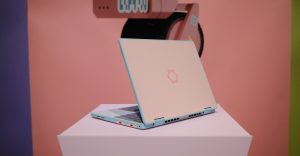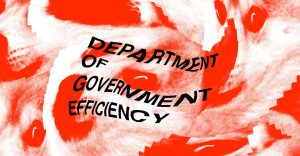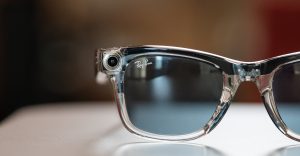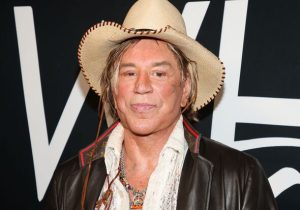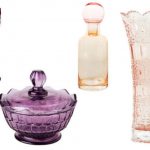Apple is trying to lock down battery components before electric carmakers get them
Apple is in talks to buy cobalt directly from miners to help shield it from any shortages sparked by the boom in electric cars, according to a report from Bloomberg. Cobalt is a key mineral used in lithium-ion batteries, and Bloomberg says that Apple is looking to secure contracts for several thousand metric tons of cobalt each year for five years or longer. Its first discussions for deals took place a year ago, but another source told Bloomberg that Apple might not even go ahead with the plans.
If Apple does end up buying cobalt directly, it will be in competition with car manufacturers and battery makers in locking up supplies of the raw material. Car giants like BMW and Volkswagen are also searching for multiyear deals to ensure they also have enough cobalt to meet targets in electric car production. Bloomberg reports that smartphone batteries use around eight grams of refined cobalt, but a battery for an electric car needs more than a thousand times that amount.
Apple has previously left cobalt buying to the companies that produce its batteries. Bloomberg notes that about a quarter of global cobalt production is used in smartphones and that Apple is keen to shore up its cobalt supplies to have enough for sufficient production of iPhone and iPad batteries.
Two-thirds of the cobalt resource is mined in Congo, where there are ethical and human rights issues. An Amnesty International investigation had previously found cobalt mined by child laborers in Congo may be entering the supply chains of companies like Apple, Samsung, Microsoft, and Volkswagen. Apple has since said it would prevent cobalt from small-scale mines entering its supply chain until “we are confident that the appropriate protections are in place.” It has also published a supplier responsibility guide and says that it completed its supply chain mapping for cobalt in 2016.
This is not the first time Apple has moved to secure a resource by locking supply for a favorable price and to guarantee availability for itself. In 2005, Apple secured long-term supply agreements for NAND flash drives used in products including iPods and iPhones. That eventually led to market shortages. For now, cobalt in our smart devices looks to stay as central to our lives as vibranium in Wakanda.
You may be interested

Meghann Fahy's 'impeccable' breakout performance in 'incredible' show is streaming free
admin - Apr 13, 2025[ad_1] Meghann Fahy has been a screen favourite for many years now, but you can catch up on her breakout…

Big Daddy fans 'feel old' after learning shocking fact about Dylan and Cole Sprouse
admin - Apr 13, 2025[ad_1] Fans of the 1999 Adam Sandler comedy Big Daddy are floored after realising a fact about Dylan and Cole…

Outlander's Caitriona Balfe is 'unrecognisable' in new role away from Starz drama
admin - Apr 12, 2025[ad_1] Outlander fans are freaking out over Caitriona Balfe's new movie role in The Amateur. [ad_2] Source link
Leave a Comment
You must be logged in to post a comment.


